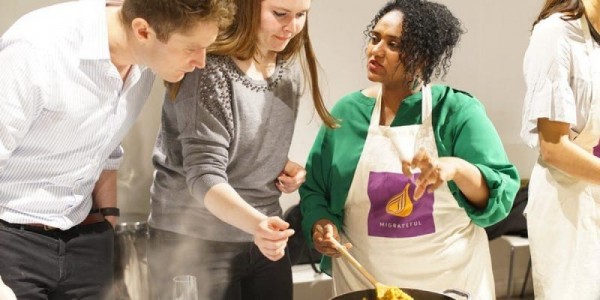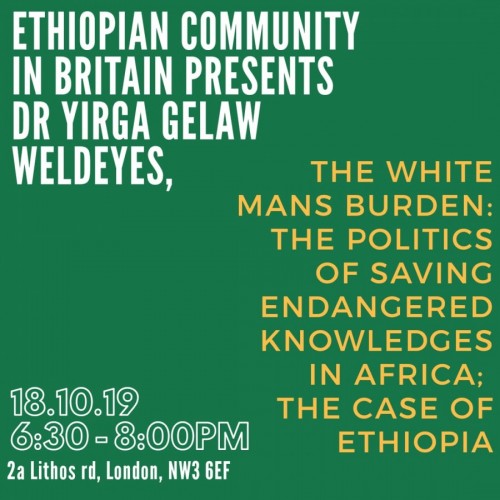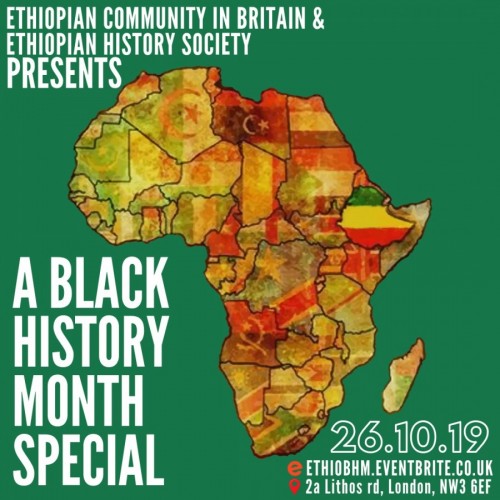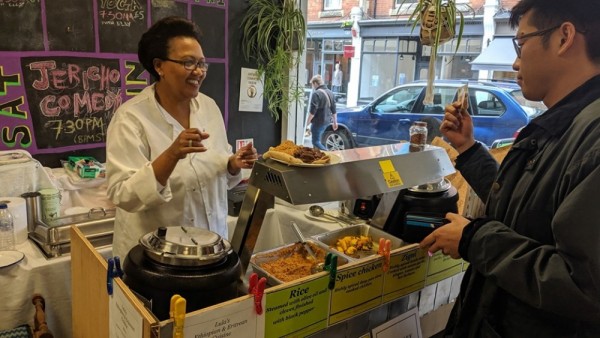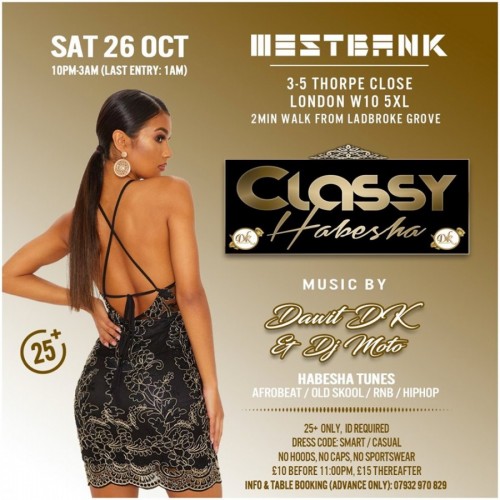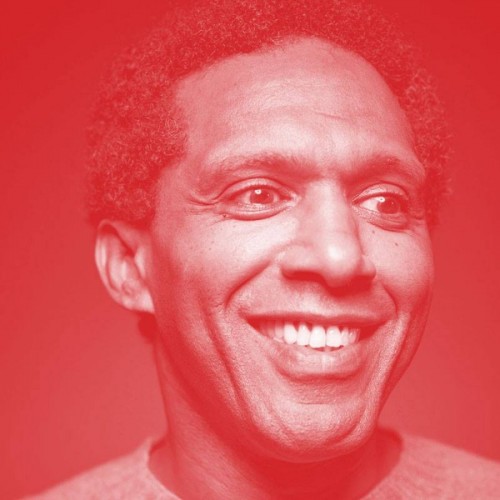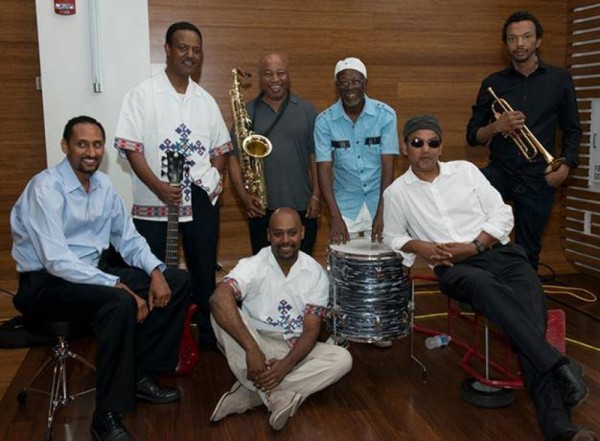Lecture: The Africans of Georgian Britain: Active Agents of Change - 28.05.15
Historian Onyeka tells the untold story of Africans in Georgian Britain and the role they played in the development of society.
We think of the eighteenth century as the golden age of the British Empire, and it is widely acknowledged that African people played a part in its development. Hitherto, this has been seen through their roles as chattels, unpaid labour and objects to be traded as Britain became the largest slave trading nation in the world.
However, the story of Africans in Britain at this time is far more interesting and complex. As the eighteenth-century writer Hester Lynch Thrale Piozzi (1741–1821) says, ‘Well! I am really haunted by black shadows. Men of colour in the rank of gentlemen: a black lady, covered with finery, in the Pit at the Opera, and tawny children playing the Squares, – the gardens of the Squares I mean, – with their Nurses, afford ample proofs that Hannah More and Mr Wilberforce's success in breaking down the walls of separation.’
But more than Lady Piozzi acknowledges, Africans in Georgian Britain were in fact an integral part of the development of British society. Onyeka explores some of their stories.
Part of Late shift.
Image of Ayuba Suleiman Diallo (Job ben Solomon) by William Hoare






